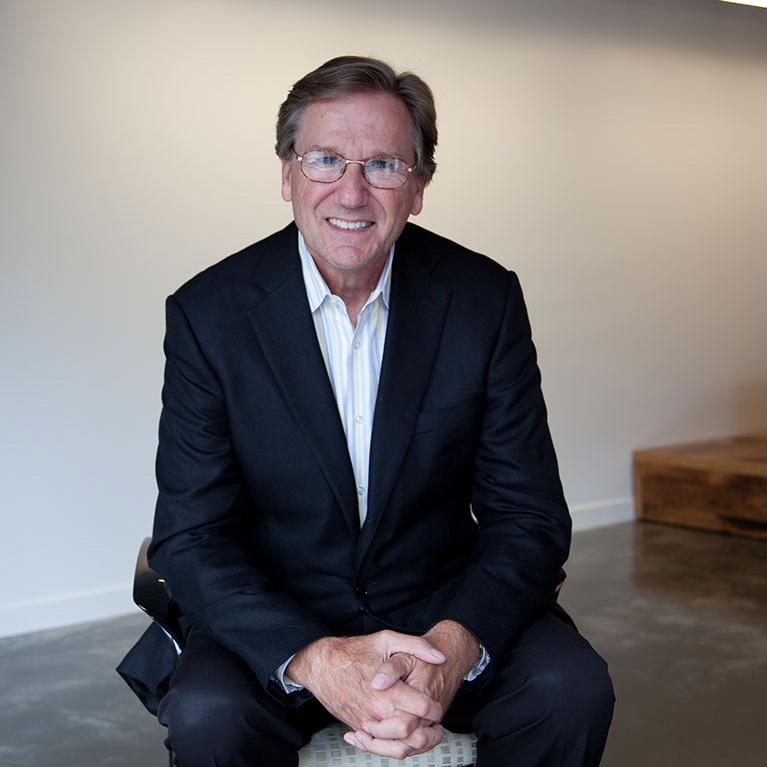Guest faculty bring wide-ranging expertise to UR
Campus Life

The former chairman of an advertising agency. A prize-winning cellist. Start-up founders. A published author releasing her latest novel. These are just a handful of the experts currently offering their insights to students at the University of Richmond.
Whether they hold a long-term residency or are visiting experts in their fields, their industry experience serves as a complement to full-time faculty and provides students with unfettered access to local, national, and international scholars.
Take the Jepson School of Leadership Studies. Its 2022-23 leader-in-residence, Philip “Sam” Deloria, brings practical experience leading a movement. A Yankton Dakota descendant and member of the Standing Rock Sioux Tribe, Deloria has advocated for leadership by and for Native Americans. Meanwhile, Frank Abumere, the school’s Zuzana Simoniova Cmelikova Visiting International Scholar, is continuing his research on the global ethics of immigration.
Our multidisciplinary faculty help students explore the topic of leadership through many lenses,” says Sandra Peart, dean of the Jepson School. “But we benefit from the additional perspectives our visitors provide. They make leadership come alive for our students by bringing new ideas and research programs to the school.”

‘They help students connect the dots.’
As senior business students last year, Grace Mittl and Eli Bank participated in an entrepreneurship class, Bench Top Innovations, where they spent a year developing and launching a food product from the ground up. Along the way, they benefited from the advice of several entrepreneurs and food and beverage professionals like Richard Kelly, a former Fortune 50 executive, John Failla, a 2015 UR graduate and founder of an ed-tech company, and Shane Emmett, co-founder of a health food company. All provide mentorship to business students through the school’s Executives in Residence program.
“Our EiRs complement what happens in the classroom,” said Mickey Quiñones, dean of the Robins School, “by helping students connect the dots among their classes and relating what they learn to roles in a wide variety of industries.”
Mittl and Bank joined the inaugural Start-up in Residence. They serve as a bridge for students interested in pursuing entrepreneurship by connecting them with resources in the city of Richmond.
For those exploring a non-entrepreneurial path, executives like John Adams, the former chairman of The Martin Agency, can provide industry-specific career advice. He said while faculty and advisors have a deep understanding of a particular industry, executives in residence know firsthand what it’s like to build a long career in their field.
“Seeking a job in marketing is different from seeking a job at an investment bank,” he said. “That has implications for a student’s resume, how they reach out to potential employers, and how they handle an interview. We provide an objective, outside view.”

‘Students understand what’s possible.’
After several semesters teaching for Richmond’s creative writing program, author Rachel Beanland was considering a hiatus as she prepared for the release of her second novel, The House is on Fire, this spring. But after talking to English department chair David Stevens, they developed a weekly workshop to help students begin writing a novel while simultaneously witnessing the publishing process in action.
A novel-writing workshop is common at the graduate level but rarely offered to undergraduates.
"I was in my 30s before I figured out that I could work on one project for a long time and then try to sell it,” said Beanland, whose first novel, Florence Adler Swims Forever, was named one of the best books of 2020 by USA Today and was a New York Times Editors’ Choice. “Even if what the students write never becomes a novel, they understand what’s possible. That has real value.”
In addition to practical knowledge of the industry, students in creative fields benefit from exposure to a variety of artists and creators as they work to hone their voices.
"The faculty in the School of Arts & Sciences are part of a network of internationally renowned scholars and artists who come to our campus to work with our students and faculty," said A&S Dean Jennifer Jones Cavenaugh. "Through these relationships we are able to give our students access to people who offer unique insights and experiences that enrich their UR experience."
That’s why Joanne Kong, pianist and music professor, invited award-winning cellist Christoph Wagner to campus as a guest artist. Kong and Wagner perform as a duo and arranged a series of “exchange” visits between Richmond, Lone Star College, where Wagner teaches, and Rice University, where he is a doctoral student.
One of Wagner’s areas of expertise is musician wellness — a topic not regularly addressed in UR’s music curriculum. Kong said his well-being workshops, in addition to individual and small group lessons, helped students raise their performance level.
“Music performance is a creative art grounded in critical thinking, flexibility of approach, and varying interpretive possibilities,” Kong said. “It is always beneficial for students to hear input from different performers.”

